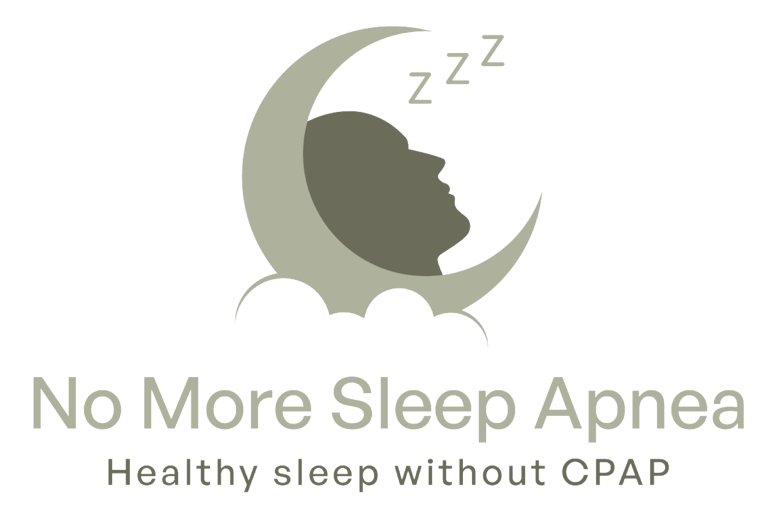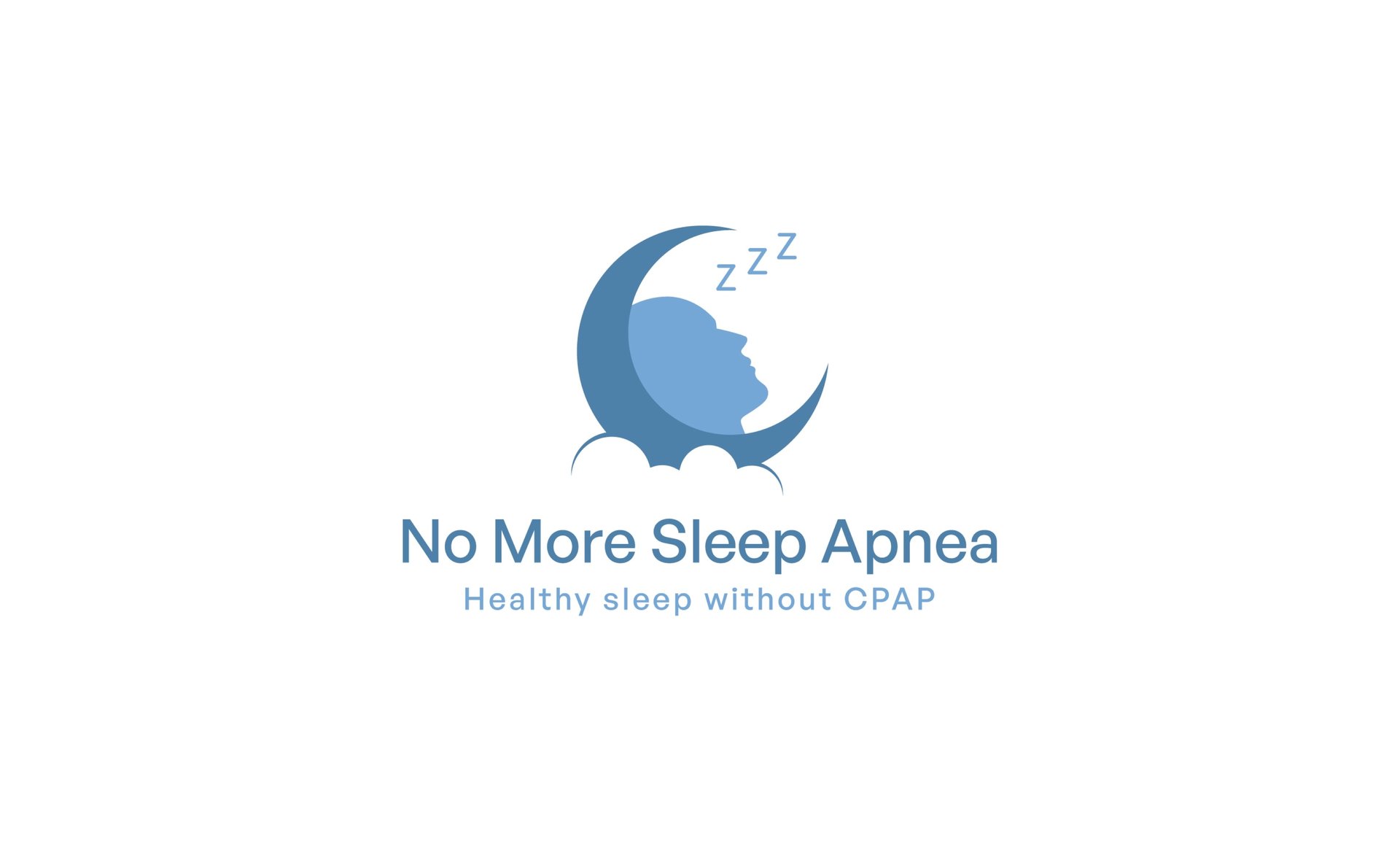Sleep Better with Good Sleep Hygiene!
What is sleep hygiene?
Sleep hygiene is all about having good sleep habits that help you get a great night's rest.
Why is it important? Well, getting quality sleep is crucial for your mental and physical health and your overall quality of life.
Your actions throughout the day—not just before bed—can impact how well you sleep. This includes:
Food and drink choices
Your daily schedule
Your evening routine
If you're struggling with sleep, there are plenty of steps you can take both during the day and before bedtime to improve your sleep.
Let's dive into 12 tips to boost your sleep hygiene and get you sleeping better.
Keep a Consistent Sleep Schedule Try to go to bed and wake up at the same times every day—even on weekends. This helps reinforce your body's internal clock, making it easier to fall asleep and wake up consistently. It can also help reduce daytime sleepiness. Aim for 7–8 hours of sleep each night.
Create a Relaxing Bedtime Routine—and Stick with It Having a relaxing bedtime routine helps you unwind and signals to your body that it's time to sleep. Start your routine about 30–60 minutes before bed. You can do whatever helps you relax, as long as it doesn't involve blue light-emitting devices. Some ideas include taking a warm bath or shower, doing gentle stretches or yoga, meditating, listening to soothing music, or reading a book (just avoid electronic devices). Some great meditation sounds are found here: https://amzn.to/4iN1nh2
Turn Off Electronic Devices Before Bed Electronic devices like your phone emit blue light, which can lower melatonin levels and make it harder to fall asleep. Keep your phone away from your bed to avoid disruptions from notifications, buzzing, and sudden lights.
Exercise Regularly Just 30 minutes of aerobic exercise a day can improve your sleep quality and overall health. Exercising outside is even better since natural light helps regulate your sleep cycle. Avoid vigorous exercise close to bedtime; try stretching or yoga instead.
Limit Your Caffeine Intake Caffeine's effects can last 3–7 hours after consumption, so your afternoon coffee might keep you awake longer than you'd like. Limit caffeine to the morning hours. Everyone's tolerance is different, so find what works best for you. A delicious caffeine-free coffee alternative is: https://amzn.to/3GQlHAA
Make Your Sleep Environment Work for You Set up your sleep environment to help you fall asleep and stay asleep. Aim for a bedroom temperature between 60 and 67°F (15.6 and 19.4°C). Ensure your mattress, pillows, and linens are comfortable. Consider earplugs or a white noise machine if you're a light sleeper, and use blackout curtains or an eye mask to keep your room dark.
Use Your Bed Only for Sleep and Sex Using your bed for sleep and sex only helps your brain associate it with rest. If you like to read before bed, try doing it on the couch instead of in bed.
Go to Bed Only When You're Tired If you're not tired, avoid lying in bed tossing and turning. Do a relaxing activity until you feel sleepy, then go to bed. If you can't fall asleep within 20 minutes, get up and do something relaxing until you're tired enough to try again.
Limit Napping Napping during the day can make it harder to fall asleep at night. If you need to nap, keep it to 20 minutes or less and avoid napping late in the afternoon.
Manage Stress Before Bed Thinking about worries can keep you awake. Write down your concerns before bed to clear your mind. A weighted blanket might help with anxiety and insomnia. Try meditating to calm your mind before bed.
Limit Large Meals Before Bed Eating a large meal before bed can affect your sleep quality and cause acid reflux. Avoid alcohol and nicotine, as they can also worsen sleep quality.
Manage Your Light Exposure Natural light during the day helps regulate your circadian rhythm. Limit light exposure after sunset to support sleep by using warm-light spectrum bulbs, turning off extra lights, dimming lights, and setting electronic devices to "night" mode.
The Bottom Line
Good sleep hygiene means having healthy sleep habits. Your actions during the day and around bedtime can affect your sleep quality. If you're struggling to fall or stay asleep, try improving your sleep hygiene with these strategies. If issues persist, consult your doctor for further advice.

